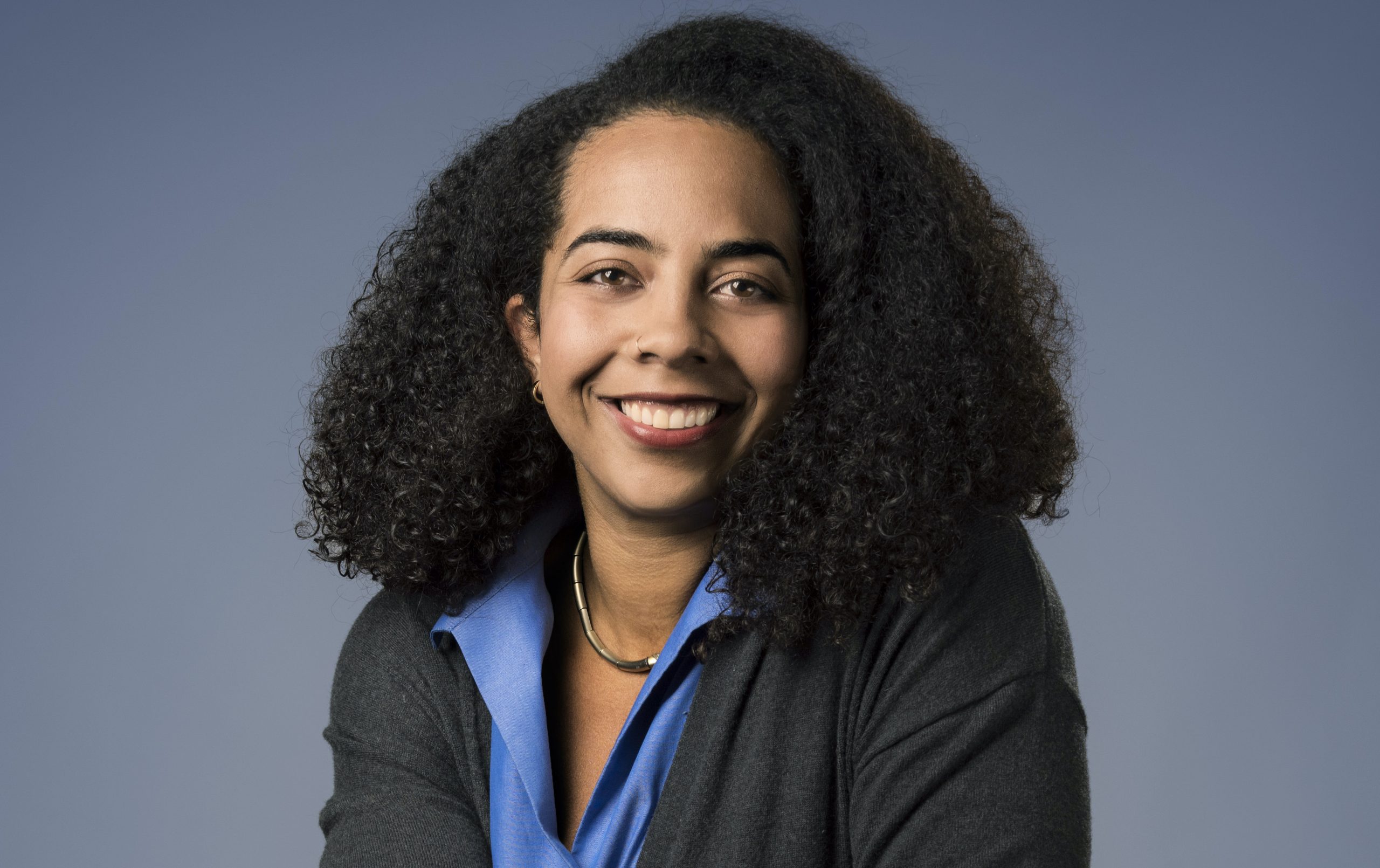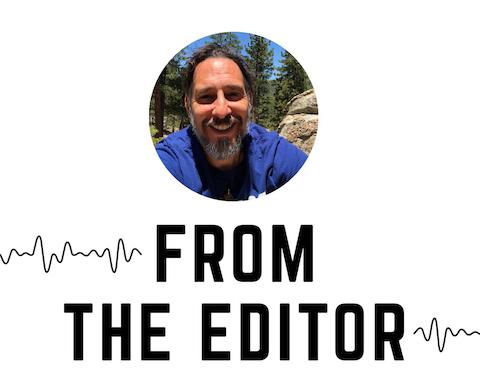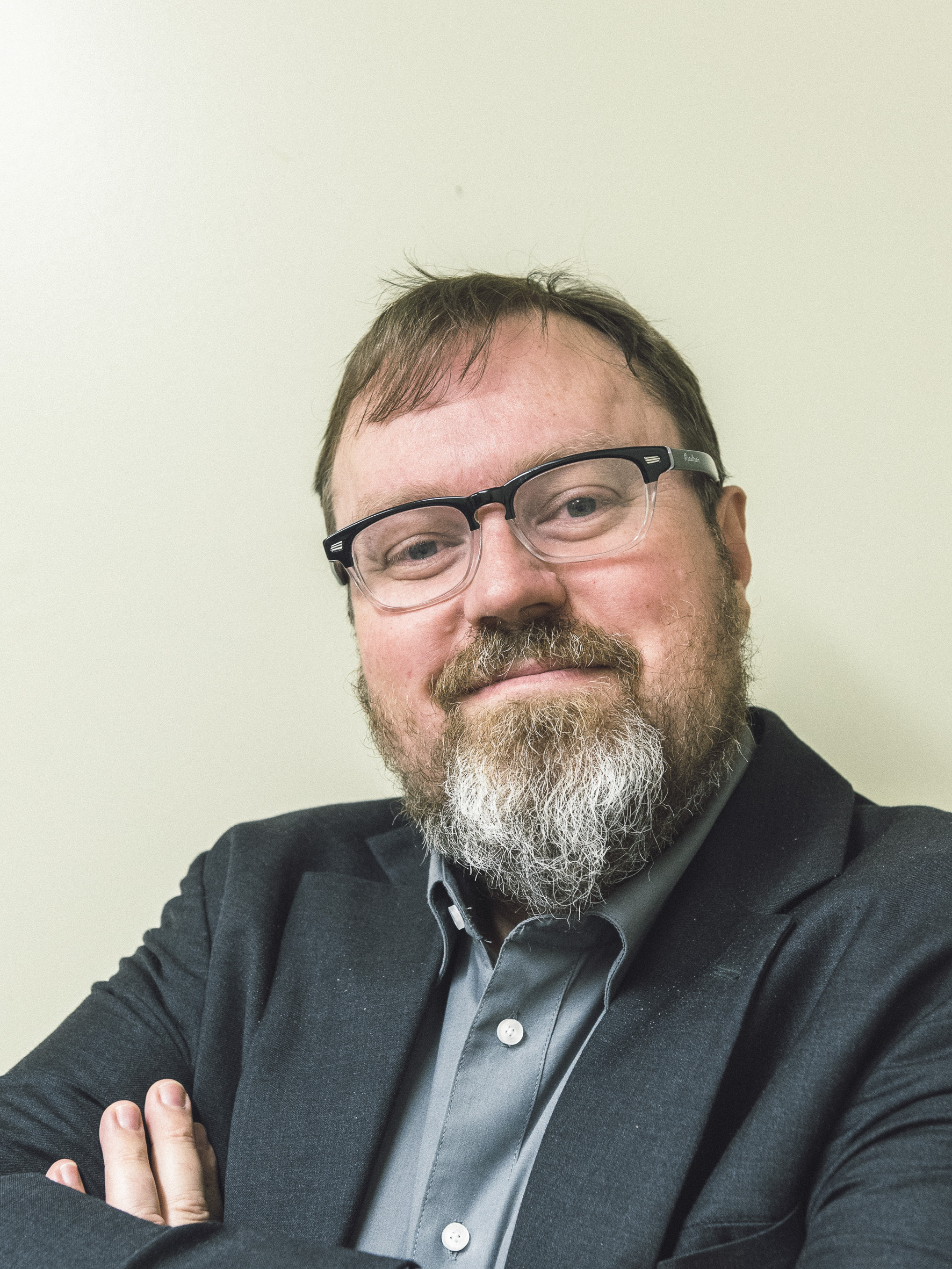Journalist Martine Powers stands by The Washington Post’s official slogan:
Democracy dies in darkness.
Therefore, she takes it upon herself to shed light on the issues that matter via Washington Post’s podcast, Post Reports.
Her vast array of readers and listeners consider her a relatable and trustworthy source of news, and she is widely recognized as an influential woman of color in the podcasting space.
Martine was born to a Caribbean mom and White dad in Miami, Florida—a notably diverse city. From her first breaths, diversity has been an inherent part of her being and culture.
“Being biracial is a really big part of my identity and of how I experience being a Black person,” Martine said. “Growing up, most of my friends were Cuban, Venezuelan, or Haitian. So I never experienced being the only kid of color at my school, or the only non-White kid in my AP classes, or anything like that. And that really speaks to Miami and its public schools. Mine was a really positive experience.”
It’s no surprise, then, that attending Yale was initially a bit of a culture shock. Suddenly, Martine was acutely aware of the lack of people of color in the room with her. According to Martine, this served her well in respect to preparing her for professional settings where this type of imbalance is all too common.
That being said, Martine was quick to point out that attending Yale when she did was a completely different experience than a Black person—especially a Black woman—attending in the 70s and 80s.
“I actually had a great college experience,” she said. “Because of the competitiveness of admission, they’re able to engineer a relatively diverse racial environment. So the culture shock was pretty short-lived, and again, I was lucky to find a diverse group of friends.
“In my experience, the people who identify with my being biracial or support me are the same ones I can talk to about Black stuff, and mixed-race stuff, and TV stuff. Those things are not mutually exclusive.
“My whole life, I’ve been fortunate to find communities that don’t make me feel like I have to spend a lot of mental energy grappling with problems of identity. Rather, we basically celebrate identity as we celebrate other parts of our lives.”
After graduating, Martine began her career in the media as a metro reporter for The Boston Globe and a transportation policy reporter for Politico before joining The Washington Post as a reporter in 2021. To call it a “positive” experience would be an understatement:
“This is without exception the most diverse place I have ever worked. Unfortunately, that is not reflected in our leadership, but it is in the ranks of younger people, reporters, and many editors who have really been a source of support for people of color and for minorities. There are actually a lot of people at The Post who I feel reflect who I am and my values. It’s an incredible union of people who foster a community of inclusiveness. That makes me really proud,” Martine shared.
So, when Martine was asked to host Post Reports, she readily accepted.
This daily podcast, published weekdays by 5 p.m. Eastern time, promises “unparalleled reporting. Expert insight. Clear analysis. Everything you’ve come to expect from the newsroom of The Post. For your ears.”
And Martine is the perfect person to deliver it. A journalist at heart with a storyteller’s soul, she endeavors to “bring the energy of journalism—with a capital J—to the stories we tell,” she said. “And even when we tell stories with narrative that surprises, they’re still held up by the real work of legit reporting, including the fact-checking and due diligence with which we approach everything we do.
“When we think about the future of the podcast, we continuously think in terms of ambition—and what that equates to for us is the ability to share breaking news. We aim to tell the stories more deeply, which requires more time and reporting.”
Martine tries to strike a balance between meeting fast deadlines and going deep on a topic.
“We want to be out there in the world spending real time with people and getting a real understanding of the issues we’re covering. That is super helpful to me, because it fuels my ambition. I much prefer the excitement of going to a place and meeting people without the prepared questions for an interview. Formal interviews are a bit confining—I really want to get out there more. The pandemic made it a bit difficult, but I’m so grateful to be on a team of people who are also excited about doing that ambitious work and telling stories more deeply. Even our producers are taking a more active role in both interviewing and reporting.
“Because it’s always a balance, right? We want to be urgent and talk about the news of the day. But we also want to feel like we’re doing the deep dives to get at the roots of issues. So that’s particularly challenging.”
Rising to that challenge, the Post Reports team oscillates between providing in-the-moment beneficial information and more in-depth reporting requiring anywhere from a few days to a few weeks or months of preparation.
But no matter which they’re presenting, Martine says, “It’s always conversation.”
“There is something about audio that provides an extra level of intimacy, humanity, and authenticity while you peel back the curtain around your topic. You can read reporter and former White House Bureau Chief at The Washington Post’s stories every day. You can even see him on TV every day. But hearing him talk about those stories in a more relaxed way, as if he’s sitting next to you at a dinner party, you’ll experience more nuances… thoughts and reflections that add so much value to journalism. It’s so different than reading the top-level news. So in a lot of ways, I think podcasting is totally complementary to traditional news sources. And it doesn’t have to be like a TV interview, either. I want our show to feel more like I’m just hanging out with you at your kitchen table.”
The desire to have a personal connection with her listeners is just one of the things that sets Post Reports apart from other daily news shows, including NPR. While Martine expressed great respect for outlets that feature “incredible journalism” and is “flattered” to be compared to them, she explained how any similarities are unintentional, as well as the differences in theirs:
“Making a daily podcast takes 120% of my neurological space every day. I don’t spend time thinking about what other people are doing. I think a lot of the producers who work on our show would say the same.
“We have two driving impetuses: first, the journalism that originates from The Post—the things we’re hearing, seeing, and discussing in meetings. Those are the stories that are going to run, because we want to be a part of their telling. Then there’s the driving force of our tastes. We are a show of mostly women, and largely women of color. And I think as such, we skew a bit younger than other podcasts and news shows.
“So, we have the criteria of what feels urgent, what feels important, and what feels helpful for others to understand the world a little better. And we have what personally delights us. That kind of energy is something you don’t normally see on the top five or 10 news shows.”
Knowing she was entering a space in which women of color might be underrepresented, Martine points to Audie Cornish of NPR’s All Things Considered as a huge inspiration. In fact, she listened to Audie’s interview, “The Burning Question,” multiple times while psyching herself up for podcast hosting.
She was also hugely inspired by Another Round, a podcast hosted by Heben Nigatu and Tracy Clayton.
“I really loved that show! I was obsessed with it, and I couldn’t believe when they stopped making it, because I felt like they brought a fundamental authenticity and real sense of being themselves to interviewing, even in the tough ones. Like the interview they did with Hillary Clinton during her candidacy. Heben and Tracy were both totally themselves while asking Hillary the really tough questions, like, ‘Do you ever look back on your record in criminal justice and say, ‘I have really messed things up for Black people?’ Bringing that kind of honesty and transparency about the reality of things in a way that makes you feel like a human is something that I think is really cool. I try to do that, too, sometimes successfully… and I try to embody some of the energy that they brought to their show in Post Reports.”
Martine accomplishes that goal and so much more. The thoughts she shared about the pandemic represent the same heart and empathy she brings to her podcast:
“It’s about kindness. Being kind to yourself and to others. We have to look out for one another and understand that other people’s problems are our problems, too.”
As Americans celebrate Independence Day this July 4th, Martine will continue reporting in the name of democracy, “asking the questions you didn’t know you wanted answered,” while being a voice for women around the world. And, we’ll be listening.













